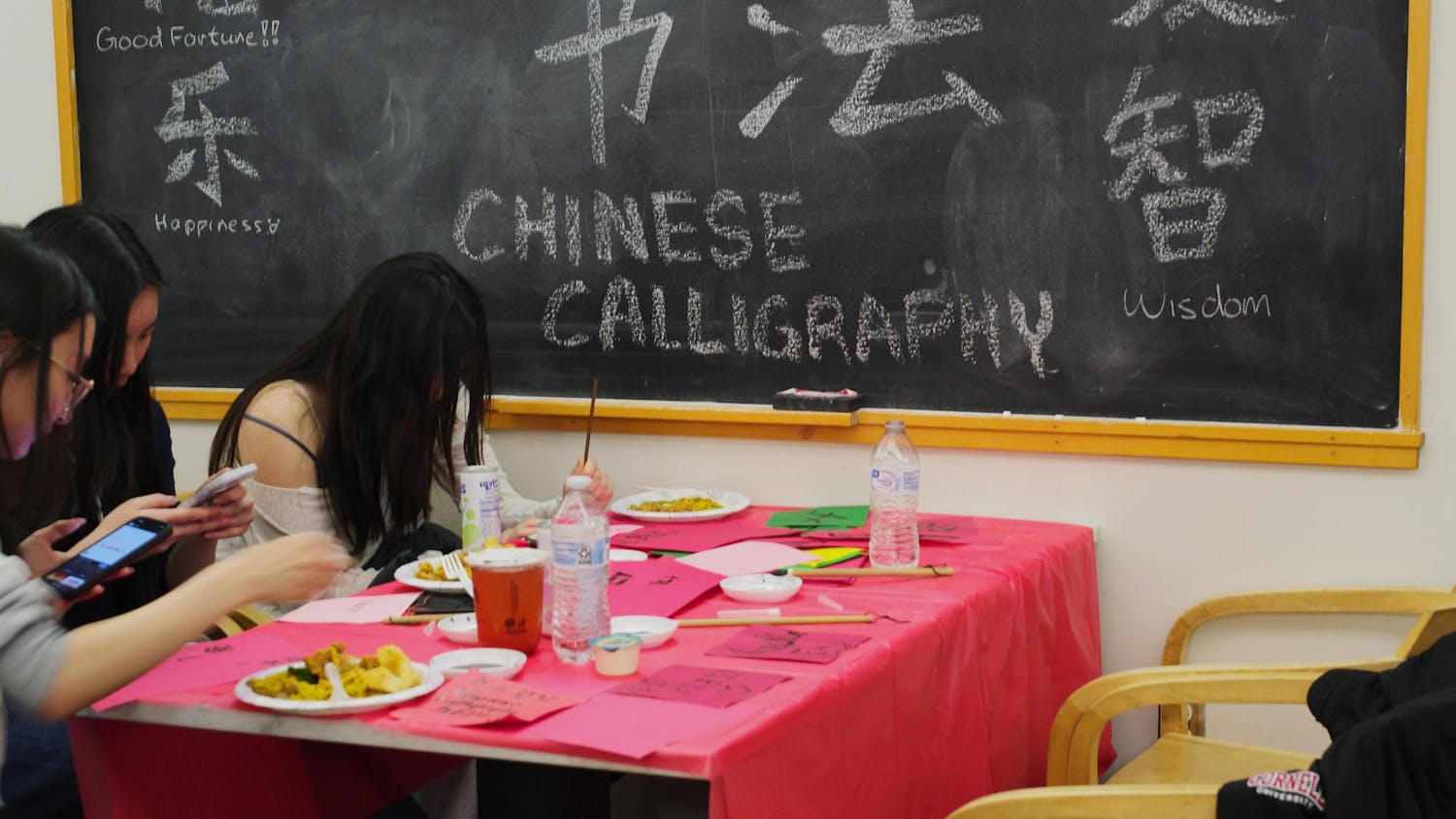On Tuesday, the Feminist, Gender and Sexuality Studies Program hosted the third installment in their series “Our Bodies, Their Laws.” This portion consisted of a discussion surrounding the impact that the Supreme Court ruling on Dobbs v. Jackson has had on the LGBTQ+ community.
Speakers at this event included Director of LGBT Studies Prof. Sara Warner, performing and media arts, Stacey Roy ’25, community engagement coordinator for Queer Sexual Wellness and Relationship Education, FGSS department Visiting Professor Jess Newman and Associate Dean of Students and Director of the LGBT Resource Center Cortney Johnson.
FGSS department Director Jane Juffer opened the event with an introduction to gender theorist Judith Butler’s definition of bodily autonomy.
“In addition to being entitled to self-determination and the ability to control what happens to our bodies,” Juffer said, “Judith argues that our autonomy is actually shaped through our relations with other people through embracing our mutual vulnerability.”
Warner then explained the two major intersections between reproductive rights and LGBTQ+ rights in the face of the Dobbs Decision — the first being the fact that LGBTQ+ people need access to abortions just as cisgender and heterosexual people do.
“Members of the LGBTQ+ community disproportionately access abortion services,” said Warner.
According to the Human Rights Campaign, 15.4 percent of previously pregnant heterosexual women have had a abortion, while 22.8 percent and 27.2 percent of lesbian and bisexual women, respectively, have had abortions.
“The final statistic is that 36 percent of transgender people who have been pregnant considered trying to end the pregancy themselvess without clinical supervision due in large part to lack of services and transphobia in the health care system,” Warner said. “Almost one in five went through with that attempt.”
The second intersection between reproductive and LGBTQ+ rights has to do with the constitution, Warner explained.
“LGBTQ+ people share an important constitutional basis with the 14th amendment's due process clause, which creates a legal concept known as substantive due process, which protects our right to ‘liberty.’”
Substantive due process describes how the fifth and 14th amendments protect fundamental rights from government interference — essentially protecting the right to privacy and autonomy.
Johnson offered insight on the way anti-trans legislation is connected to bodily autonomy.
“Just as anti-abortion rhetoric is not actually about protecting life, anti-trans legislation is not about saving American values and protecting children. Instead, both of these movements are dedicated to eliminating bodily autonomy with deep roots in transphobia and misogyny,” Johnson said.
Johnson explained how this connection is reflected in legislation.
“The ‘Don’t Say Gay’ bill uses something called ‘private right of action’ which allows people to bring civil action injunctions against a private or public entity for violating the bill, which may sound familiar– the state of Texas issued an abortion bill where a private citizen can sue to prevent an action from occurring,” Johnson said.
Johnson also explained how general contraception and sexually transmitted infection prevention are under threat in some states.
“In Texas this past September, a judge upheld the ruling that Medicaid does not have to cover PrEP, which is a drug that prevents the dissemination of HIV because it encourages ‘gay behavior,’” Johnson said.
On the other hand, several states, such as Massachusetts and California have recently codified gender affirming care and reproductive health care as rights protected by the state constitution. Over the summer of 2022, the New York state assembly and senate passed legislation guaranteeing access to safe, affordable abortions. New York City specifically also passed legislation protecting abortion rights over the summer.
Panel speakers later opened up the floor to host a dialogue with the audience. Students shared their array of reactions after finding out about the Dobbs decision, displaying emotions spanning from hopelessness to anger, burnout and depression.
After the event, attendees reflected on the importance of events of this kind.
“[Events like] this can be a safe space for so many students to talk about their hopelessness or, alternatively, their hope,” said Prameela Kottapalli ’23. “I'm really grateful to be able to be a part of this, and for the FGSS program for facilitating these conversations.”
Correction, Nov. 1, 4:32 p.m.: A previous version of this story incorrectly referred to the Feminist, Gender and Sexuality Studies Program as a department. This error has been corrected.











